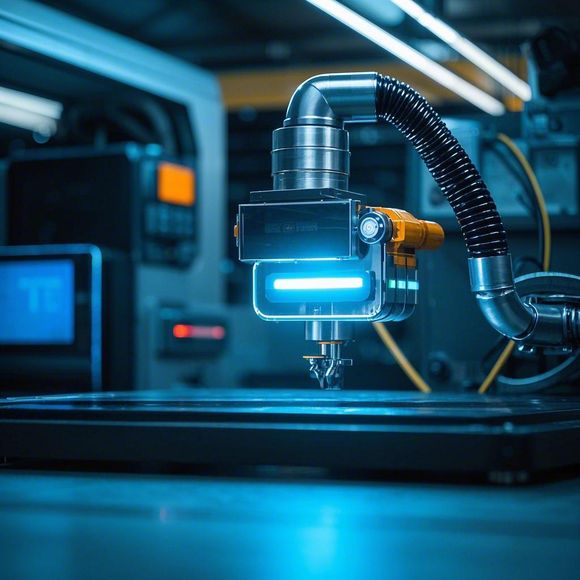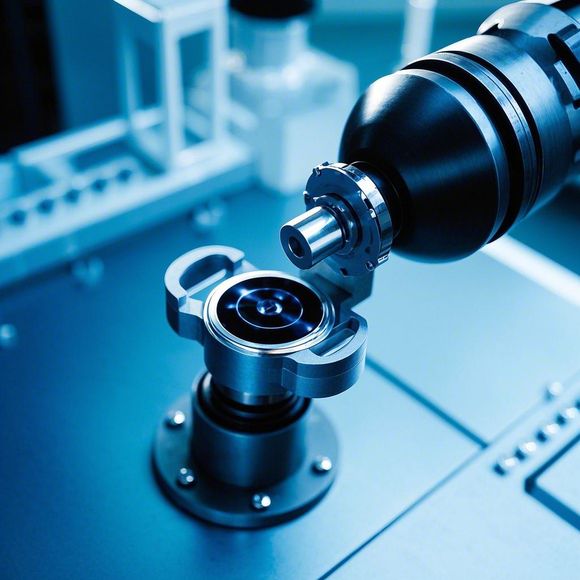In the modern industrial landscape, industrial automation has emerged as a cornerstone of progress and competitiveness. But what exactly is industrial automation?


At its core, industrial automation refers to the use of control systems, such as computers, robots, and other smart devices, to operate and manage industrial processes with minimal human intervention. This involves the integration of various technologies to automate tasks that were traditionally performed manually, ranging from manufacturing and production to quality control and logistics.
One of the key components of industrial automation is the use of programmable logic controllers (PLCs). These are digital computers designed for automation of industrial processes, such as assembly lines, machine tools, and robotic systems. PLCs can be programmed to control multiple inputs and outputs, making them highly versatile in managing complex industrial operations. For example, in a car manufacturing plant, PLCs can be used to precisely control the movement of robotic arms that weld parts together, ensuring consistent and high - quality results.
Another important aspect is the use of sensors. These devices play a crucial role in gathering real - time data about the industrial process. Temperature sensors, for instance, can monitor the temperature of machinery to prevent overheating, while proximity sensors can detect the presence or absence of objects on a production line. The data collected by sensors is then used to make informed decisions and adjust the operation of the automated systems accordingly.
Industrial automation also encompasses robotics. Robots are increasingly being used in industrial settings to perform tasks that are dangerous, repetitive, or require high precision. In a warehouse, autonomous mobile robots (AMRs) can be used to transport goods, optimizing the supply chain process. In manufacturing, robotic arms can assemble products with greater speed and accuracy than human workers.
The applications of industrial automation are vast. In the manufacturing sector, it has revolutionized production processes, leading to increased productivity, improved product quality, and reduced production costs. In the energy industry, automation is used to control power generation and distribution systems, ensuring efficient and reliable energy supply. In the healthcare industry, automated systems are used for tasks such as drug dispensing and laboratory testing, enhancing the accuracy and speed of these processes.
The benefits of industrial automation are numerous. Firstly, it significantly increases productivity. Automated systems can operate continuously without breaks, unlike human workers. Secondly, it improves product quality. With precise control and monitoring, the consistency of products can be maintained at a high level. Thirdly, it reduces labor costs. Although there is an initial investment in automation technology, in the long run, it can save a company a substantial amount of money on labor expenses.
However, implementing industrial automation also comes with challenges. High initial investment costs for purchasing and installing automation equipment can be a deterrent for some companies. There is also a need for a skilled workforce to operate and maintain these complex systems. Additionally, concerns about job displacement due to automation have been raised.
In conclusion, industrial automation is a powerful force that is transforming the industrial world. By leveraging advanced technologies, it offers significant advantages in terms of productivity, quality, and cost - effectiveness. While there are challenges to overcome, the future of industrial automation looks promising as companies continue to seek ways to improve their competitiveness in the global market.
If you want to know more about industrial automation knowledge or industrial automation products, you can click on the link to learn more, and we will do our best to answer your questions.
GET A QUOTE